Table of Contents
- Introduction to Spice Rubs for Chicken
- Why Use Spice Rubs for Chicken?
- Basic Ingredients for a Perfect Spice Rub
- How to Make a Spice Rub from Scratch
- Popular Spice Rub Recipes for Chicken
- Pro Tips for Using Spice Rubs Like a Pro
- Frequently Asked Questions About Spice Rubs
- Buying Guide for Spice Rubs
- Conclusion
Introduction to Spice Rubs for Chicken
A spice rub is a blend of dried spices and herbs applied to chicken to enhance flavor and create a delicious crust. Whether you're grilling, roasting, or baking, mastering the right spice rub can transform ordinary chicken into a restaurant-quality dish. In this guide, you'll learn exactly how to make a perfect spice rub from scratch, discover top recipes, and get pro tips for maximum flavor. No more guesswork—just delicious results every time.
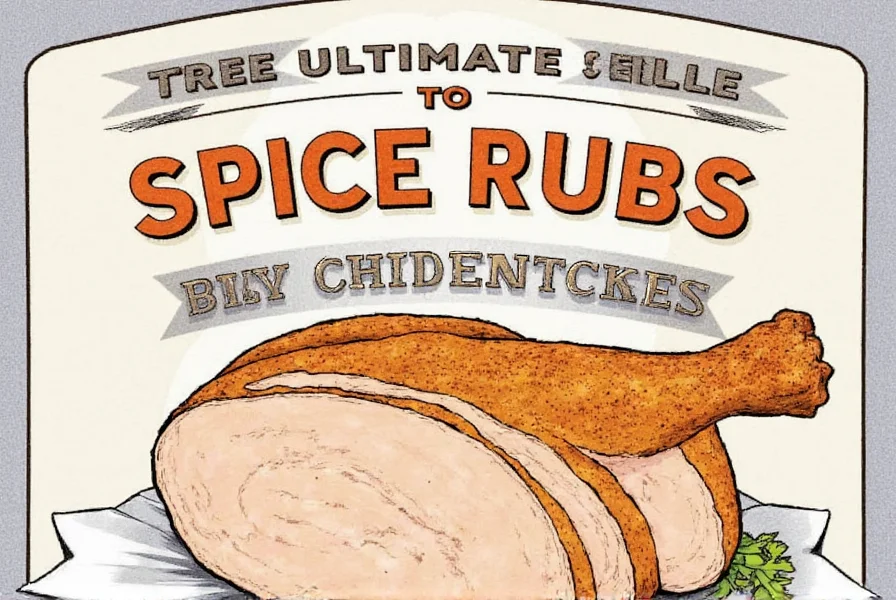
Why Use Spice Rubs for Chicken?
Spice rubs are more than just a flavor boost—they’re a game-changer when it comes to cooking chicken. Here’s why they matter:
- Enhanced Flavor: Unlike dry seasoning, spice rubs allow the spices to stick to the chicken and penetrate deeper into the meat, delivering a richer taste.
- Crusted Texture: The combination of salt, sugar, and spices creates a delicious crust that adds crunch and depth to the chicken.
- Customization: You can tailor your rub to match any cuisine—whether you want smoky, spicy, sweet, or savory flavors.
- Convenience: A well-made rub can be stored and used again and again, making meal prep easier and more efficient.
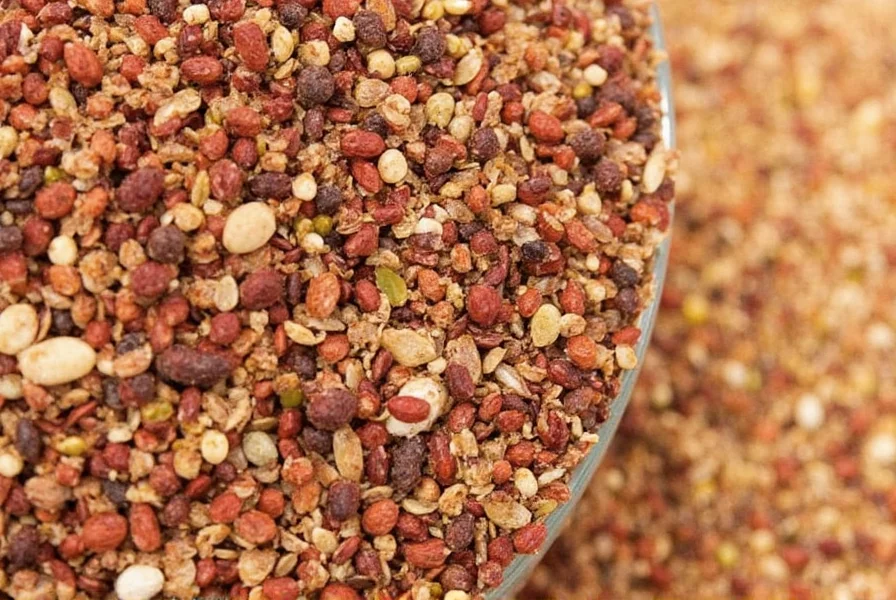
Basic Ingredients for a Perfect Spice Rub
To create a great spice rub, you'll need a few essential ingredients. These can be adjusted based on your preferences and the type of chicken you're using:
- Salt: Provides a base for flavor and helps draw moisture out of the chicken to form a crust.
- Sugar or Honey: Adds sweetness and helps caramelize the rub during cooking.
- Pepper: Offers a bit of heat and depth to the overall flavor profile.
- Dried Herbs (e.g., thyme, oregano, basil): Adds earthiness and complexity.
- Spices (e.g., paprika, garlic powder, onion powder, cumin, chili powder): These define the flavor of the rub.
Some people also add a little oil or butter to help the spices adhere better to the chicken. This is especially useful if you're planning to use the rub as a marinade before cooking.
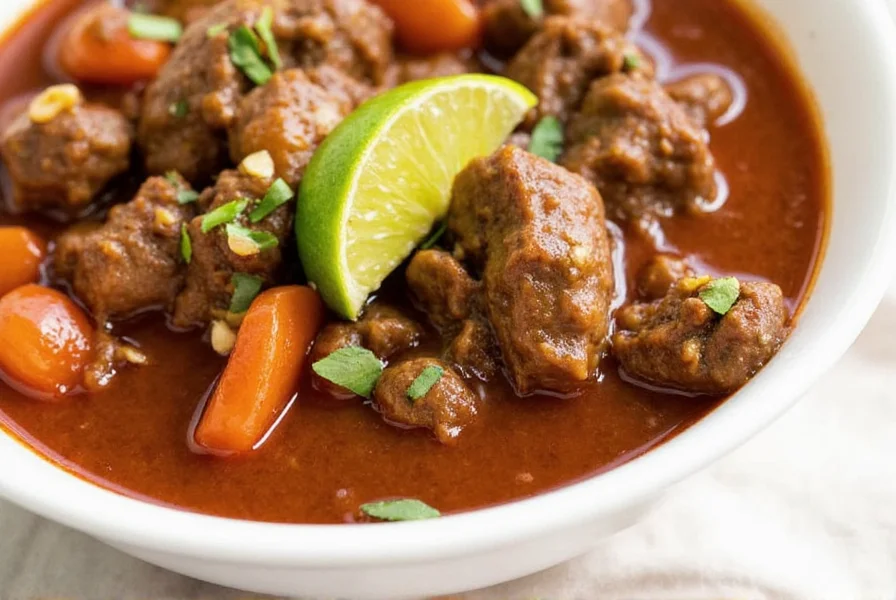
How to Make a Spice Rub from Scratch
Making your own spice rub is simple, and it gives you full control over the flavors. Follow these easy steps:
- Choose Your Spices: Start with a base like paprika, garlic powder, and onion powder. Add other spices depending on your desired flavor—think smoked paprika for a smoky taste, or cayenne pepper for some heat.
- Combine the Dry Ingredients: Mix all your selected spices in a bowl. A common ratio is 3 parts paprika, 1 part garlic powder, 1 part onion powder, and 1 part brown sugar.
- Add Salt and Pepper: These should be included in small amounts to balance the rest of the spices.
- Store the Rub: Transfer the mixture to an airtight container. It can last up to a year if stored properly.
For best results, apply the rub at least 1 hour before cooking. For even more flavor, let the chicken sit in the fridge overnight.
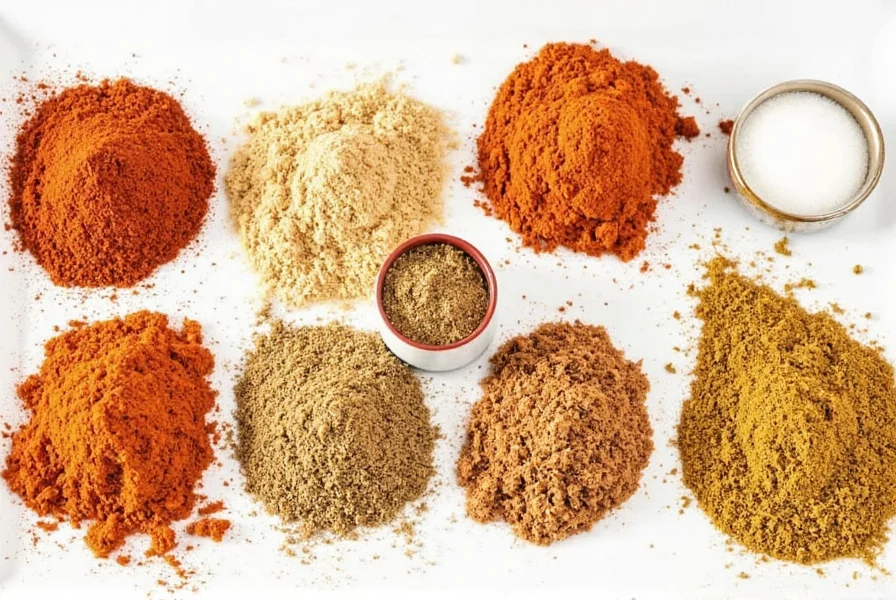
Popular Spice Rub Recipes for Chicken
Here are a few classic and creative spice rub recipes that will take your chicken to the next level:
1. Classic BBQ Rub
This rub is perfect for grilled or smoked chicken. Try this blend:
- 1/4 cup paprika
- 1/4 cup brown sugar
- 2 tablespoons garlic powder
- 2 tablespoons onion powder
- 1 tablespoon black pepper
- 1 tablespoon salt
- 1 teaspoon cayenne pepper (optional)
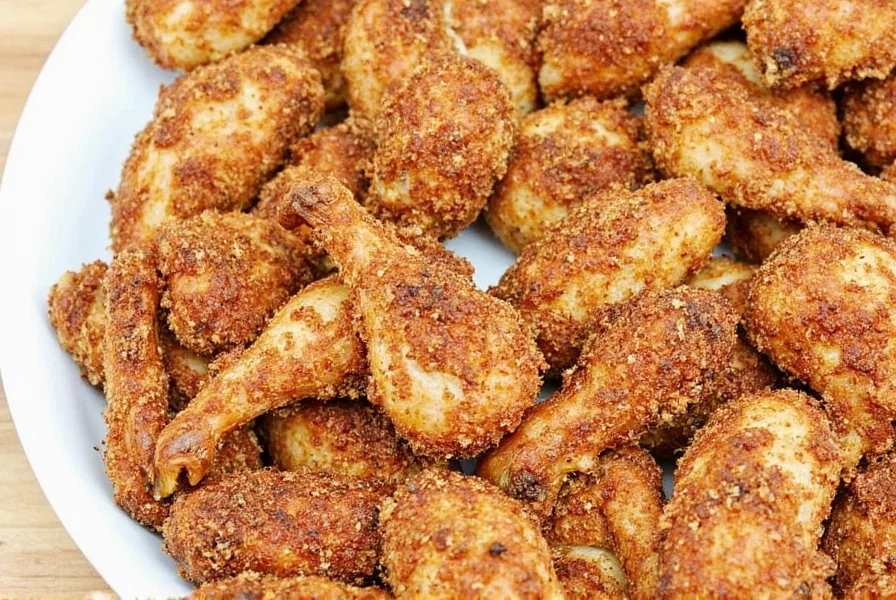
2. Smoky Paprika Rub
A smoky twist on a traditional rub, ideal for grilled or baked chicken:
- 1/2 cup smoked paprika
- 1/4 cup garlic powder
- 1/4 cup onion powder
- 1/4 cup brown sugar
- 1 tablespoon black pepper
- 1 tablespoon salt
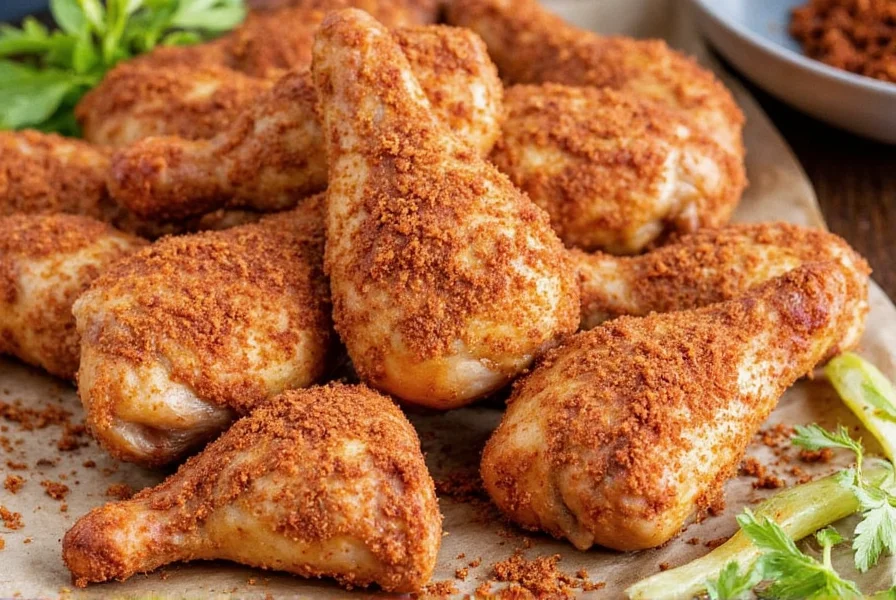
3. Zesty Lemon Herb Rub
Perfect for a fresh and bright flavor, this rub is great for oven-baked chicken:
- 1/4 cup dried oregano
- 1/4 cup dried thyme
- 1/4 cup lemon zest
- 1/4 cup garlic powder
- 1/4 cup onion powder
- 1 tablespoon black pepper
- 1 tablespoon salt
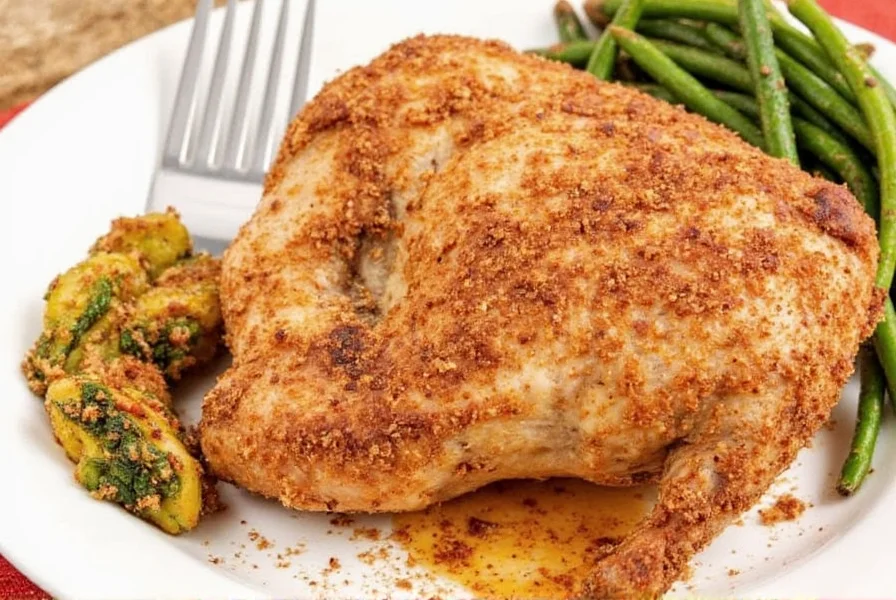
Pro Tips for Using Spice Rubs Like a Pro
Whether you're a seasoned chef or a beginner, these tips will help you get the most out of your spice rubs:
- Use Fresh Spices: The quality of your spices makes a big difference. Always use fresh, high-quality spices for the best results.
- Apply Evenly: Make sure the rub is evenly distributed on all sides of the chicken to ensure consistent flavor.
- Don't Overdo It: A little goes a long way. Too much spice can overwhelm the chicken's natural flavor.
- Let It Rest: After applying the rub, let the chicken rest for at least 30 minutes before cooking. This allows the flavors to settle and the meat to absorb the spices.
- Pair with the Right Cooking Method: Some rubs work better with certain cooking methods—like a sweet rub for grilled chicken, or a smoky rub for slow-cooked dishes.
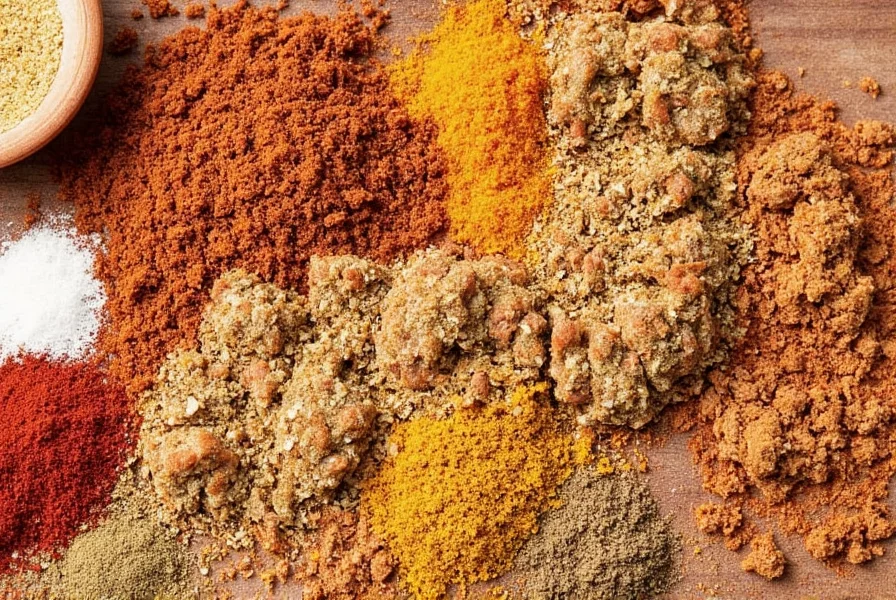
Frequently Asked Questions About Spice Rubs for Chicken
How long should I leave a spice rub on chicken before cooking?
For best results, apply the spice rub at least 1 hour before cooking. If possible, let it sit in the refrigerator for 4-12 hours (or overnight) to allow the flavors to penetrate deeply into the meat. However, even 30 minutes will make a noticeable difference compared to applying right before cooking.
Can I use the same spice rub for different types of chicken (breasts, thighs, wings)?
Yes, most spice rubs work well across different chicken cuts. However, fattier cuts like thighs can handle bolder, spicier rubs, while leaner cuts like breasts pair better with more balanced, nuanced rubs. You may want to adjust sugar content when using on wings that will be cooked at high heat to prevent burning.
What's the difference between a dry rub and a marinade?
A dry rub is made of dry ingredients only and creates a flavorful crust on the surface of the chicken. A marinade contains liquid ingredients (like oil, vinegar, or citrus) and works to both flavor and tenderize the meat. Dry rubs are generally quicker to apply and create better browning, while marinades penetrate deeper but require more time.
Do I need to add oil to my spice rub?
Adding a small amount of oil (1-2 teaspoons per cup of rub) can help the spices adhere better to the chicken and promote even browning. However, it's not essential - many traditional dry rubs work perfectly without oil. If you're using a rub with significant sugar content, avoid adding oil as it may cause burning during high-heat cooking.
How long can I store homemade spice rubs?
Properly stored in an airtight container away from heat and light, most homemade spice rubs will maintain their potency for 6-12 months. Spices with higher oil content (like chili powder) may degrade faster. To check freshness, smell the rub - if it has little aroma, it's time to make a new batch.
Can I use spice rubs on frozen chicken?
It's best to apply spice rubs to thawed chicken for optimal flavor penetration. If you must use frozen chicken, increase the amount of rub and allow extra time for it to work as the chicken thaws. However, the results won't be as good as applying to fresh, thawed chicken.
Why is my spice rub burning during cooking?
This usually happens with rubs containing sugar or paprika when cooked at too high a temperature. To prevent burning, either lower your cooking temperature, reduce sugar content in your rub, or apply the rub later in the cooking process (for very long cooks). For grilling, move chicken to a cooler part of the grill once the crust has formed.
Should I rinse off the spice rub before cooking?
No, you should never rinse off a dry spice rub before cooking. The rub is meant to stay on the chicken to create flavor and a crust. Rinsing would remove all the seasoning you've applied. The only exception would be if you applied an excessive amount that's creating a thick, uneven layer.
| Product Name | Features | Best For | Target Audience | Suitable Occasions |
|---|---|---|---|---|
| Smokehouse BBQ Rub | Rich, smoky flavor with a hint of sweetness | Grilled or smoked chicken | BBQ enthusiasts | Summer barbecues, backyard parties |
| Herb & Garlic Rub | Classic blend of herbs and garlic | Oven-baked or roasted chicken | Cooking beginners | Families, weeknight dinners |
| Spicy Chili Lime Rub | Hot and zesty with citrus notes | Grilled or pan-seared chicken | Adventurous eaters | Mexican-themed meals, dinner parties |
| Asian Fusion Rub | Combines soy sauce, ginger, and five-spice | Stir-fries, skewers, or grilled chicken | International cuisine lovers | Asian-inspired feasts, special occasions |
When choosing a pre-made rub, look for products that contain natural ingredients and avoid those with excessive preservatives or artificial additives. Also, consider the flavor profile and how it complements your recipe.
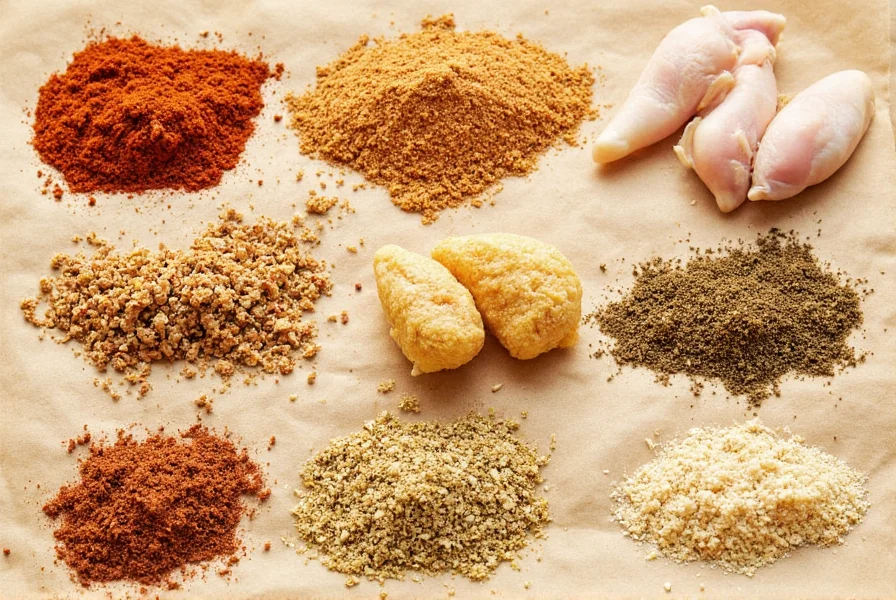
Conclusion
Spice rubs for chicken are a versatile and flavorful tool that can elevate any dish. Whether you're making your own or buying a pre-made version, understanding the basics and experimenting with different combinations will help you unlock new levels of taste and creativity in your cooking. With the right rub, even the simplest chicken dish becomes a culinary masterpiece. So go ahead, grab your spices, and start creating your own signature rub today!
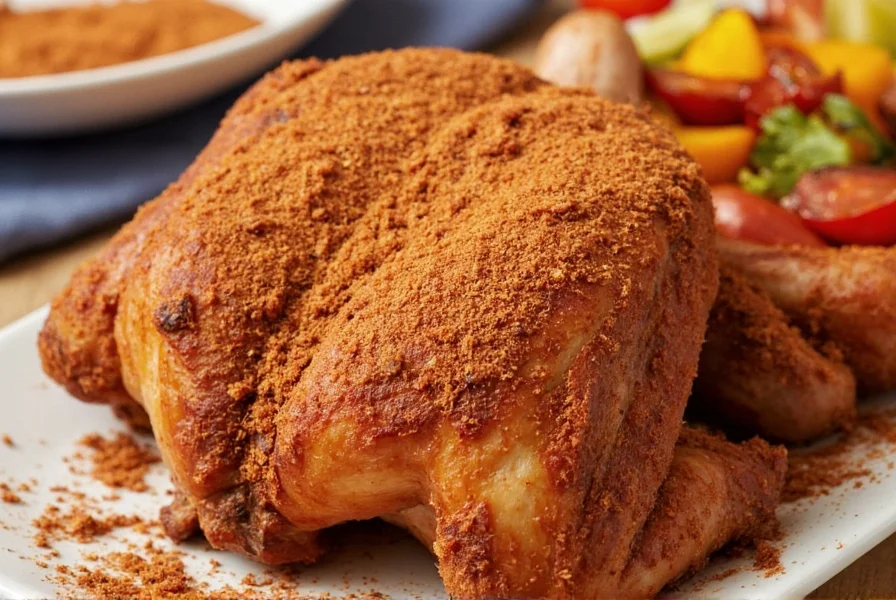
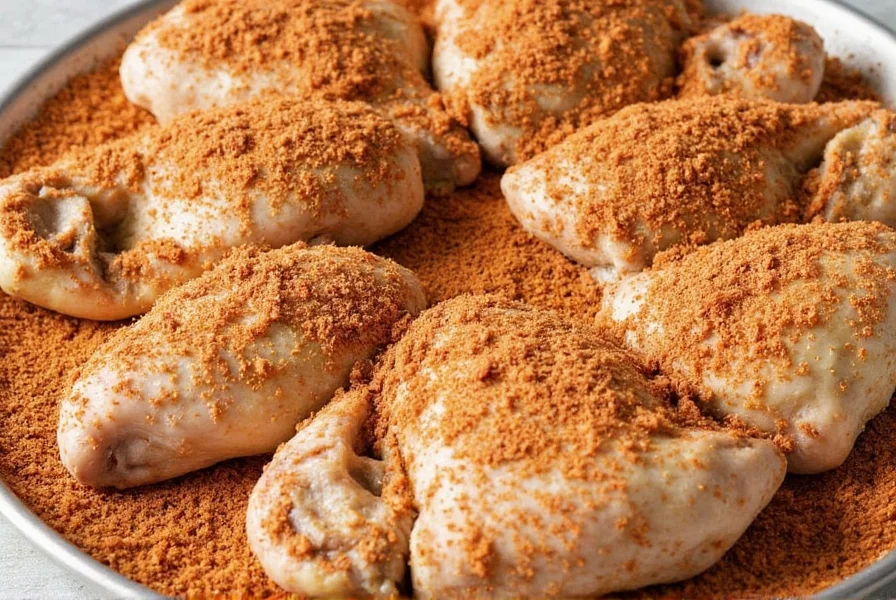
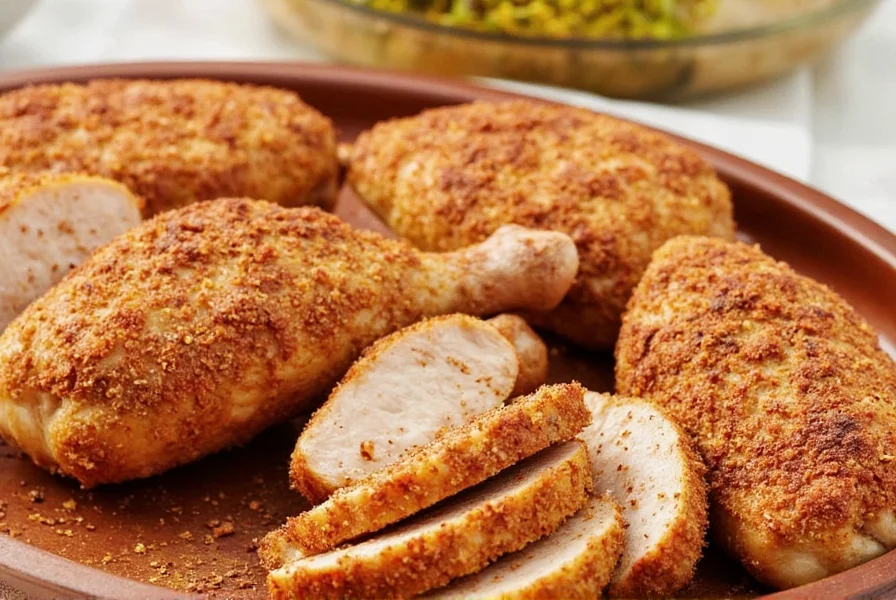
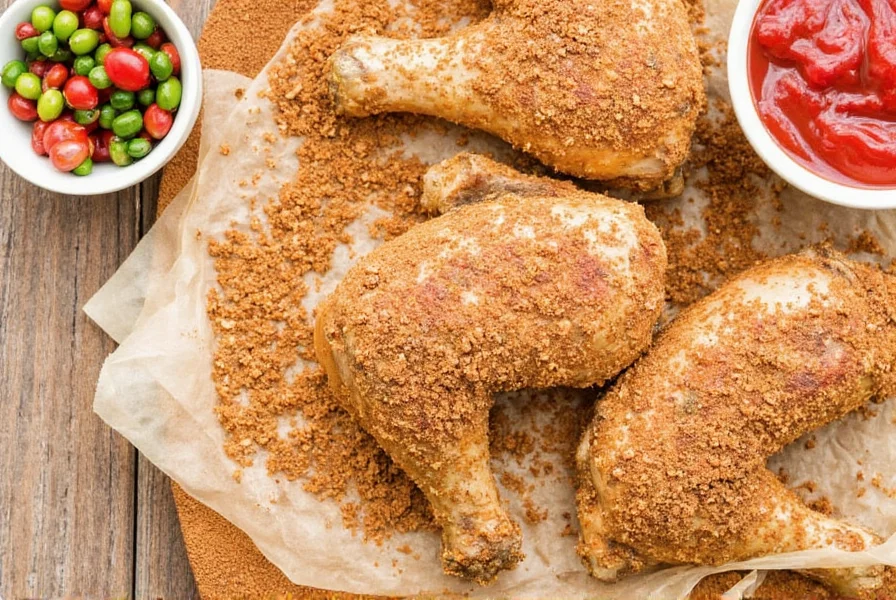
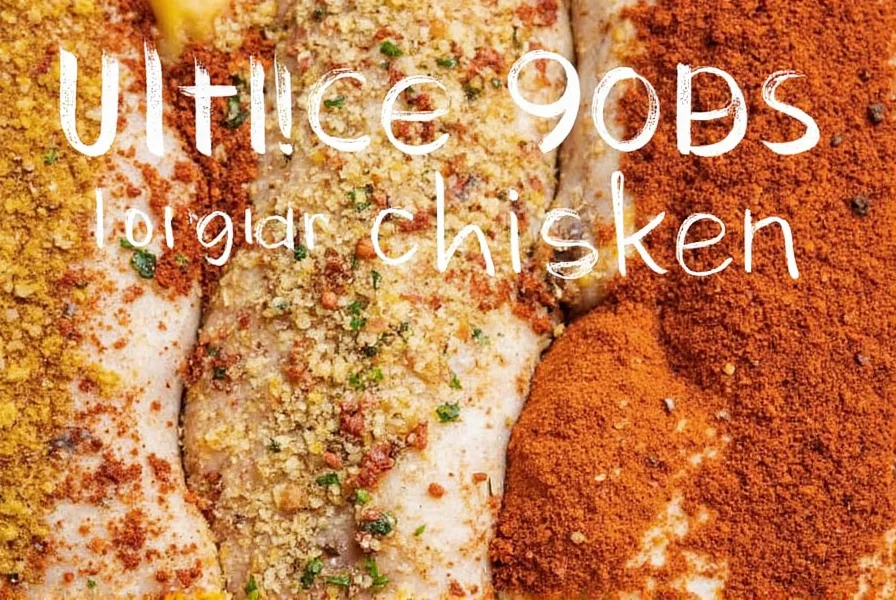

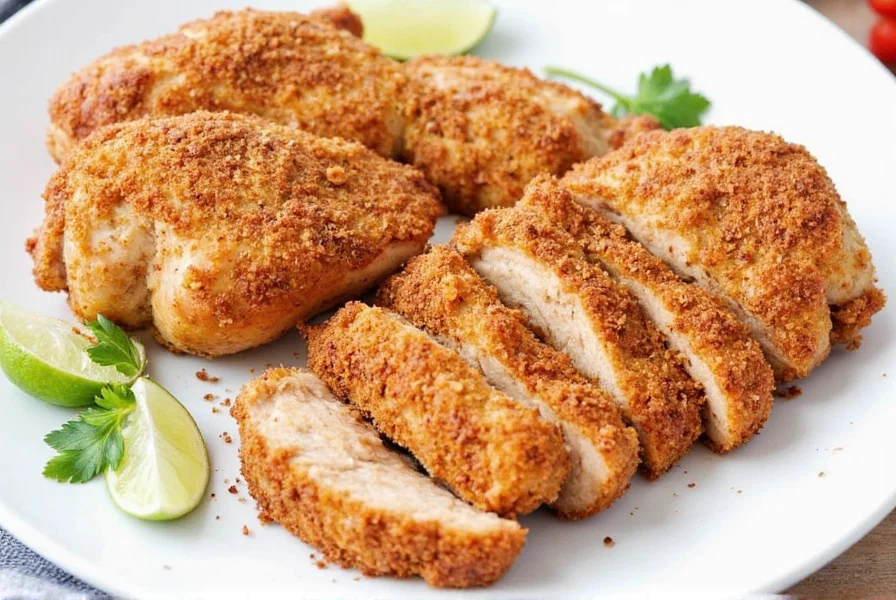









 浙公网安备
33010002000092号
浙公网安备
33010002000092号 浙B2-20120091-4
浙B2-20120091-4